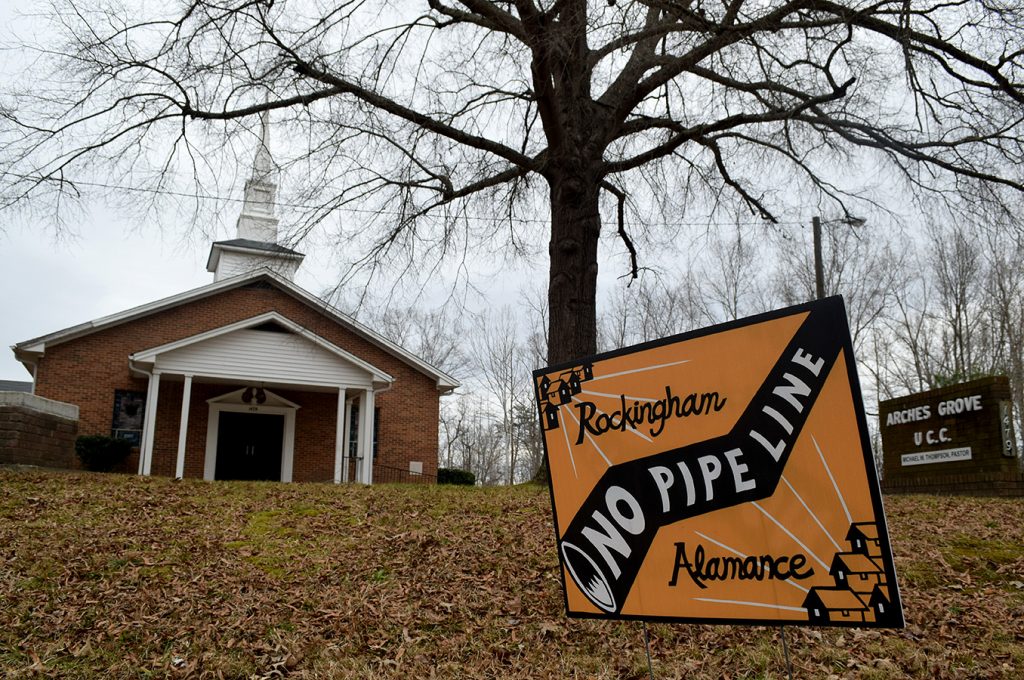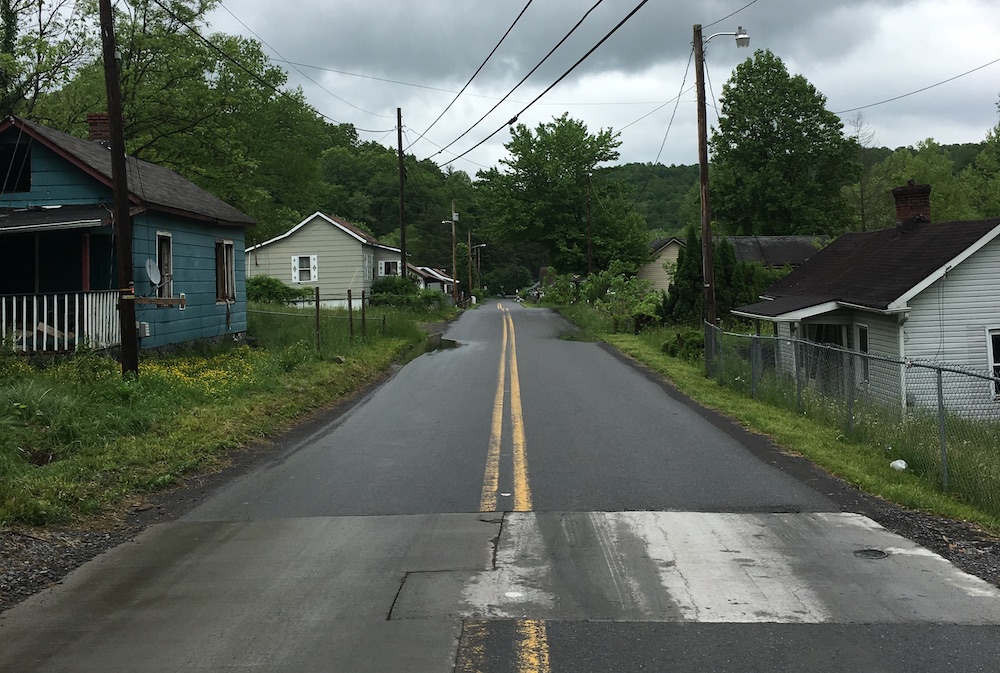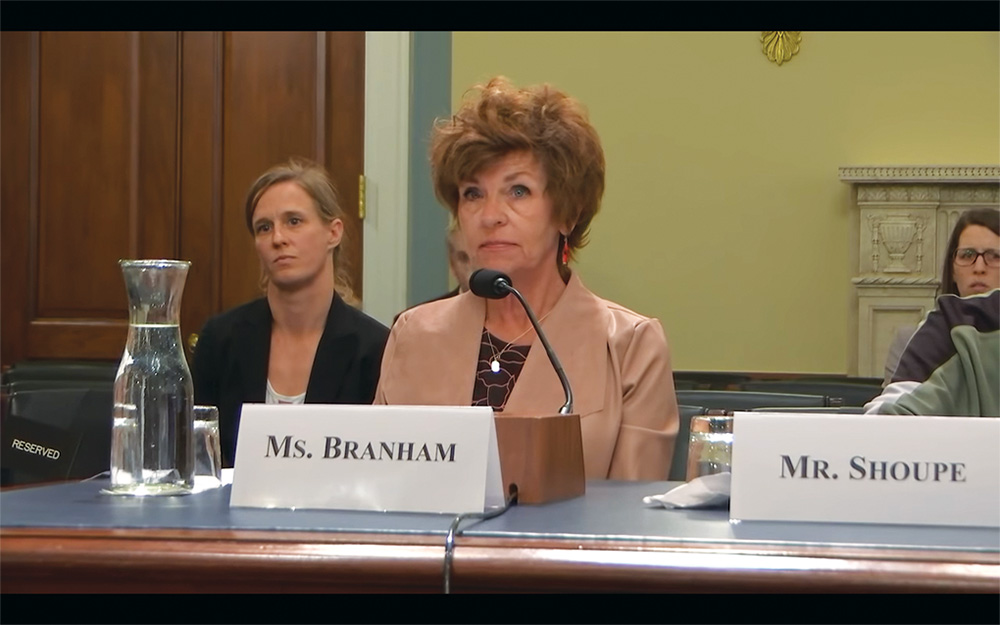Written by Kevin Ridder
Kevin Ridder
Born in Arizona and raised in Tennessee, Kevin’s love of the mountains drove him to move even further east to Boone, N.C., where he serves as The Appalachian Voice's Associate Editor and a communications associate for the organization.
Mountain Valley Pipeline Southgate Public Comment Period Begins
The Federal Energy Regulatory Commission will be accepting public comments on the 73-mile fracked-gas pipeline through Sept. 16, 2019.
TVA Refuses to Excavate One Coal Ash Pit, Will Dig Up Another
The Tennessee Valley Authority does not plan to excavate coal ash at their Bull Run Fossil plant in Anderson County, Tenn., unlike the utility’s agreement to fully remove coal ash at the Gallatin Fossil Plant near Nashville, Tenn.
Welcome Josh and Tyler!
Appalachian Voices would like to welcome the two newest members of our team, Josh McClenney and Tyler Hughes!
The Appalachian African American Cultural Center
One couple’s mission to preserve community history in Southwest Virginia.
Pipeline Protesters Charged with Threats of Terrorism
Two peaceful protesters of the Mountain Valley Pipeline were recently arrested and charged with threats of terrorism, a felony.
Pipeline Legal Disputes Escalate
As residents in the path of the Mountain Valley and Atlantic Coast pipelines call for investigation of potentially toxic pipeline coatings, federal and state officials loosen permitting regulations.
Contending with Contamination in Minden, W.Va.
Minden, W.Va., residents have been plagued with toxic PCBs for decades. Now the town is on the Superfund list and residents are once again calling on the U.S. Environmental Protection Agency to relocate the entire community.
Neighbors of Mountaintop Removal Testify Before Congress
In April, people living near coal strip mines testified before a U.S. House subcommittee about how mountaintop removal coal mining has affected their lives and communities.
Bill Supported by Duke Energy Could Lead to Rate Hikes
Duke Energy is backing a North Carolina bill that could allow the monopoly utility to raise rates with reduced oversight – and an April report shows that Duke targeted its campaign contributions to key legislators involved with the bill.









